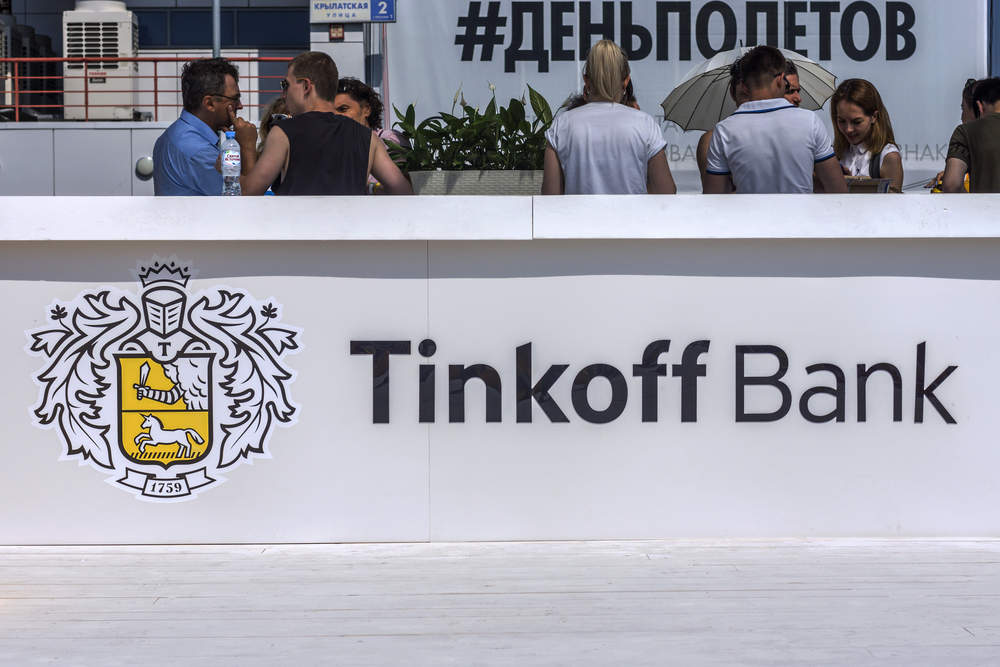Launched only 11 years ago by serial entrepreneur Oleg Tinkov, Russia’s number one direct bank can already claim to be the world’s largest fully online bank by customer base.
It is generally regarded as punching above its weight in terms of credit cards, but is now repeating the trick with a successful range of debit cards.
The list of growing Tinkoff innovations is impressive:
- The first organisation in Russia to roll out facial biometric recognition to identify and verify customers in 2016;
- The first in Russia to implement real-time voice-authentication technology in 2014;
- With around 4,600 operators, Tinkoff has the largest cloud-based Home Call Centre powered by proprietary software in Russia;
- 20% of all incoming electronic messages are automatically handled by bots, and
- Tinkoff was among the first to launch Apple Pay, Android and Samsung Pay services in 2016.
Tinkoff is now transitioning to become an online financial marketplace: Tinkoff.ru offers a full range of both own-brand and partner retail financial services via mobile and desktop.
By chance, as CI was preparing to go to press, I spoke with Oliver Hughes, president and CEO of Tinkoff just minutes after speaking with Metro Bank chair and founder Vernon Hill as Metro Bank released its first-quarter earnings.
There are shades of Hill’s background, success and charisma in the background of Tinkoff’s founder. While Hill made his first fortune in fast food as part-owner of a group of Burger Kings, Tinkoff has, in his time, owned a network of restaurants, frozen food factories and brewing firms before concentrating on financial services.
There the similarities end, as while Hill and his UK and US banks, Metro and Republic respectively, are focused on the store, Tinkoff has no branches and has acquired and services all of its seven million-plus and growing customers via online channels and its call centre.
Tinkoff’s share of the credit card market has almost doubled in the past five years to more than 11.5%, second only behind Sberbank, with more than 3.5 million customers. But debit card customer numbers are catching up fast, as Tinkoff ended 2017 with more than three million customers.
Hughes tells me Tinkoff is now attracting 120,000 new debit card customers every month; he says that the day is not far away when current account customers will exceed credit card customer numbers.
Hill, whom I have known and admired since his Commerce Bank days in the US, is fond of asking banking journalists just how many online-only banks have really made a success of their business with sustained profitability. Tinkoff can claim such a success: in fiscal 2017 Tinkoff posted net income of RUB19bn ($300m).
Hughes says Tinkoff is on track to report a net profit for fiscal 2018 of at least RUB24bn, and will hit its target of a net income increase for the next two years of 20-40% per annum.
The upcoming launch by Tinkoff of a premium Tinkoff Black product line and associated concierge service to target the mass affluent segment and the lower end of the private banking sector makes perfect business sense. It is just one of a number of new product lines in the Tinkoff pipeline likely to ensure that Tinkoff will hit its next business targets.








